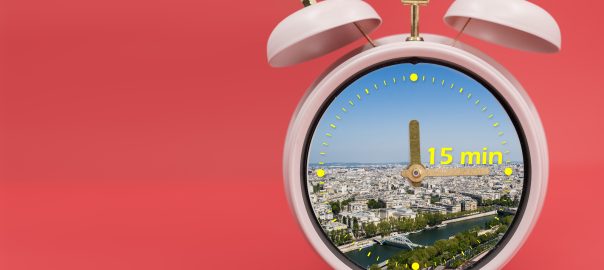06, Feb. 2026 /Mpelembe Media — Conspiracy theories have been a persistent feature of American political life, though their status has shifted over time. In the 17th and 18th centuries, conspiracy theories were considered “orthodox knowledge” voiced by elites, such as the Founding Fathers’ fears of British plots or the Puritan belief in the devil’s influence,. In the early republic, fears centered on the Illuminati, Freemasons, and Catholics, who were accused of subverting American liberty,,. Following the assassination of Abraham Lincoln, persistent myths arose claiming that John Wilkes Booth escaped and a government cover-up hid the truth. Continue reading
Tag Archives: 9/11 conspiracy theories
conspiracy theories are the result of two sets of hardcore fans colliding
Melissa Avdeeff, University of Stirling
At Super Bowl LVIII, Taylor Swift will appear on the field at Allegiant Stadium after her boyfriend Travis Kelce’s team, the Kansas City Chiefs, wins the game. But she won’t be performing. Swift’s appearance will be a Pentagon-backed psy-op to turn the rigged game into a calculated political endorsement, to secure the 2024 presidential election for Joe Biden.
How conspiracy theories can affect the communities they attack – new research
Daniel Jolley, University of Nottingham; Andrew McNeill, Northumbria University, Newcastle, and Jenny Paterson, Northumbria University, Newcastle
Scientists have learned a lot about why people believe in conspiracy theories and how they harm society over the past couple of decades. Yet little is known about how the groups targeted by conspiracy theories feel and behave.
15-minute cities: how to separate the reality from the conspiracy theory
Alex Nurse, University of Liverpool; Alessia Calafiore, The University of Edinburgh, and Richard J. Dunning, University of Liverpool
Conspiracy theories aren’t a new thing, and for as long as they’ve been around they’ve ranged from the benign to the absurd. From the six moon landings being faked to the Earth being flat, or our ruling class being lizards, we’ve all probably come across them in one form or another.
Yet, in a surprise twist, the hottest conspiracy theory of 2023 comes from an unlikely corner: town planning. This relates to the idea of “the 15-minute city” and has even gone so far as to be mentioned in UK parliament by an MP who called the idea “an international socialist concept” that will “cost us our personal freedom”.
How to talk to someone about conspiracy theories in five simple steps
Daniel Jolley, University of Nottingham; Karen Douglas, University of Kent, and Mathew Marques, La Trobe University
People’s first instinct when engaging with conspiracy believers is often to try and debunk their ideas with factual and authoritative information.
‘Stranger Things’ shows how conspiracy theories take hold and do harm
Scott DeJong, Concordia University
Note: The following article contains spoilers about “Stranger Things.”






